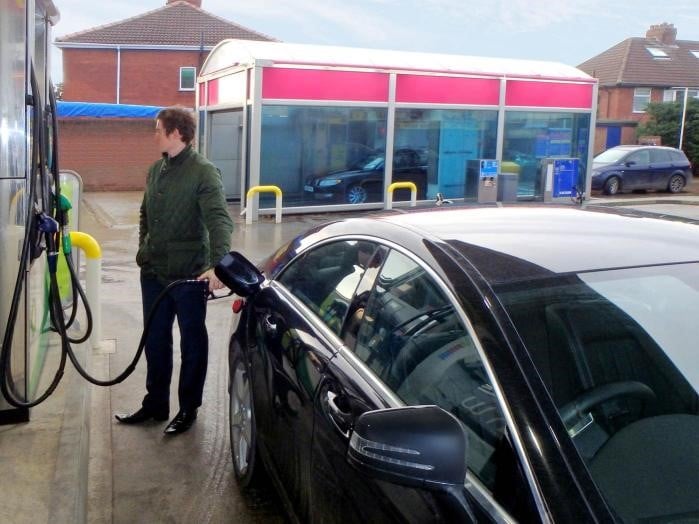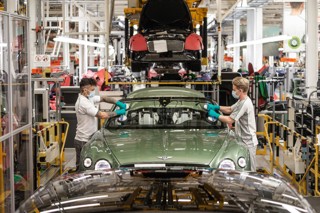Almost 20% of British motorists say they are more likely to buy an electric vehicle (EV) following this weekend’s ‘fuel crisis’.
The issue, caused by a lack of HGV drivers, rather than a shortage of petrol or diesel, sparked mass panic buying over the weekend (September 25-26) following reports that some sites were running low on fuel.
Research from Regit found that 31% of motorists have been unable to buy fuel in the last seven days despite needing to and 15% have admitted to panic buying fuel despite not needing to.
Regit’s founder and CCO, Chris Green, said: “It’s clear that our motorists are essentially blaming panic buyers themselves and the hysteria some media outlets have created as the primary source of the fuel crisis. I’m sure those opposed to Boris Johnson and Brexit will feel an added sense of frustration here.
“However, as we saw with toilet roll back in the first lockdown, there is no doubt that scenarios like this simply snowball and ultimately pleas from key figures in government to urge people not to panic buy will likely have the opposite effect.
“With almost 20% saying this crisis would make it more likely they make the switch to electric vehicles for their next car, it’s scandalous that an opportunity of this size to help reduce emissions will not be able to be taken as a result of the distinct lack of infrastructure for millions of motorists around the country. The fact of the matter still stands that, if you don’t have private off-street parking, an electric vehicle simply isn’t attainable and decision makers from all parties across the country are seemingly blissfully ignorant of that fact.”
The majority (71%) of respondents are laying the blame for the current fuel crisis directly at the door of panic buyers, with many giving both Boris Johnson and Brexit a reprieve.
However, with the majority of British motorists (64%) believe the Government needs to do more to fix the crisis, while 35% think the same of fuel companies and 29% would like HGV companies to do more.
Many supermarkets have now brought in limits to help tackle that problem but it’s clear there is frustration amongst the public this was allowed to happen.


















Login to comment
Comments
No comments have been made yet.